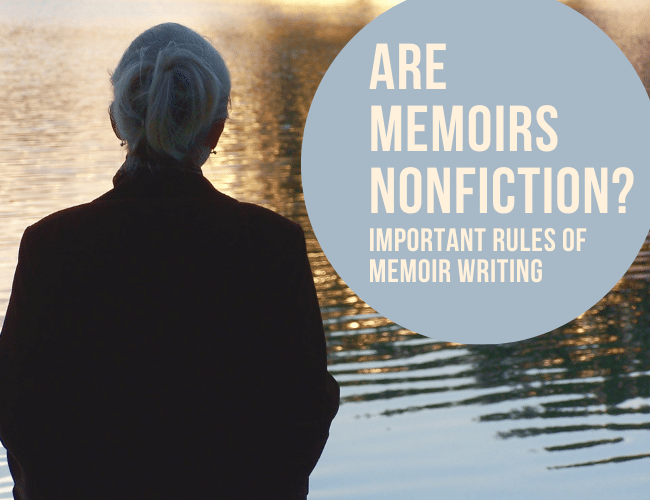
Are Memoirs Nonfiction: Important Rules of Memoir Writing
Are you writing a memoir or novel? Are memoirs nonfiction? Or is there a difference?

Are you writing a memoir or novel? Are memoirs nonfiction? Or is there a difference?
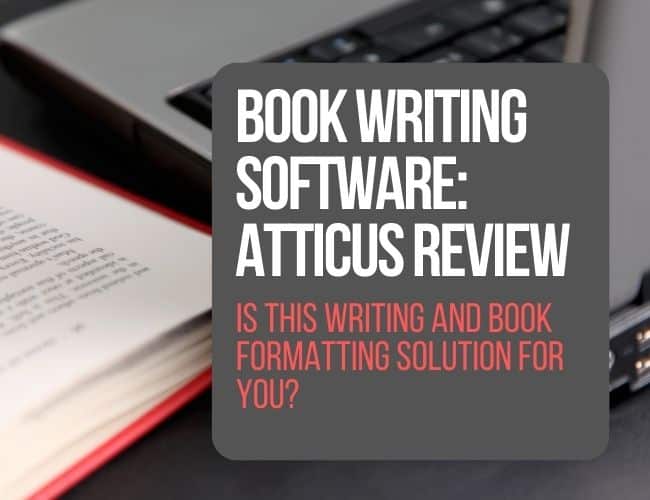
You’ve fought through the first draft. You’ve worked with your editor to complete all the passes needed to make your book the best it can be. It’s ready to become a book. Now what? Read on to see if you could benefit from Atticus, a new book writing software.
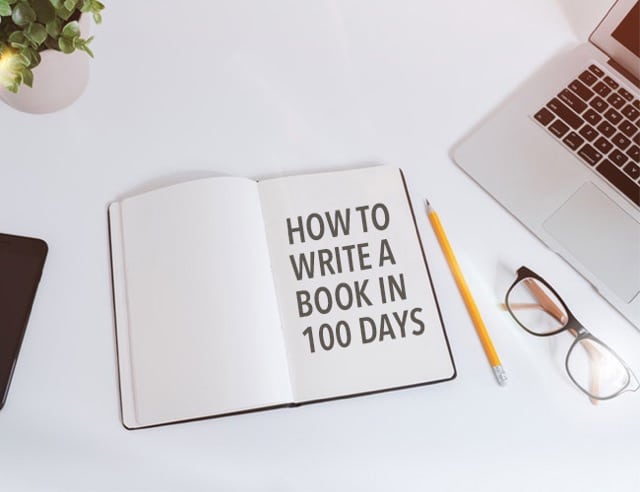
Let’s start with the obvious: You don’t know how to write a book. I’ve written seven books, and I don’t really know how to write a book either. I have a process that works, sure, but with writing, as with many things in life, it’s always when you think you know what you’re doing that you get into trouble.
So let’s just admit right now, you don’t know how to write a book, and definitely not in 100 days, and that’s okay. There, don’t you feel better?
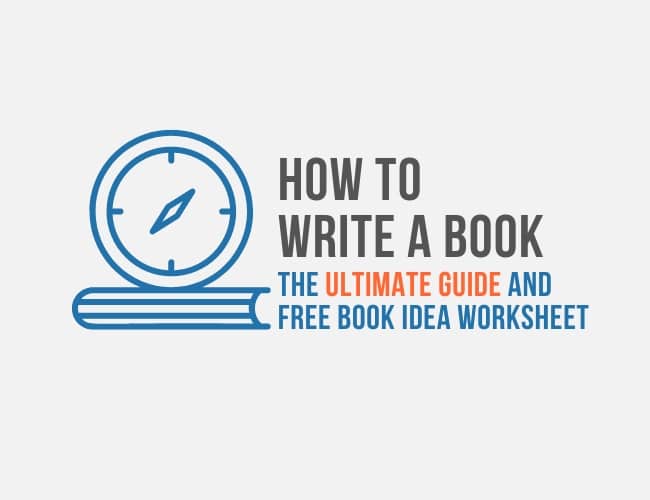
You want to write a book. Maybe you have a great story idea. Maybe you have a big idea you want to share with the world. Maybe people have told you, “Your life should be made into a book!” But first, you have to learn how to write a book.
The problem for the first-time author is figuring out how to get started. What are the writing habits you need to finish the actual writing for an entire book? And what comes next: traditional publishing? Self-publishing? Becoming a New York Times bestselling book?
Because after coaching thousands of writers to write and finish their books, and also writing fifteen books of my own, I know exactly how much hard work it takes to finish a book.
It’s not enough to want to write, you need to know how to write a book.
You need to have the right process. The write process, you might say (sorry, I had to!).
In this guide, we’re going to learn everything about how to write a nonfiction book, from how to defeat procrastination and find writing time, all the way to revising and the editing process—and even to the publishing process.
If you’ve ever wanted to write a book, whether a memoir, a big idea book, or a self help book, you’re in the right place.
If, on the other hand, you’re a fiction writer and have a main character who you know is going to take the world by storm, we have a complete guide on novel writing here. For you nonfiction writers, though, read on for all our best writing tips.
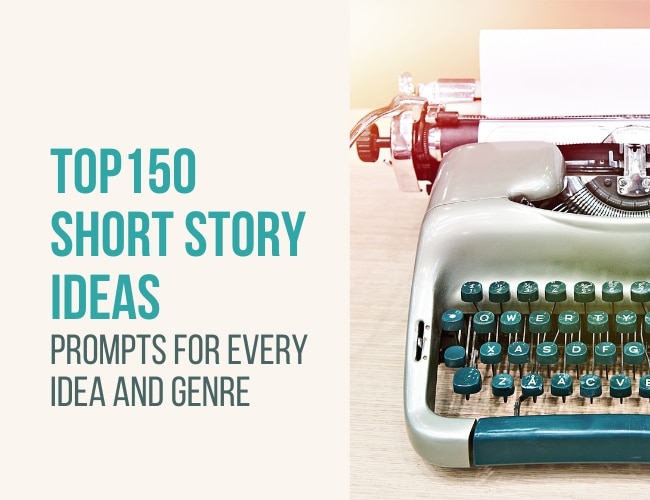
Do you want to write but just need a great story idea? Good news! Below are 150 short story ideas for all your favorite genres. You can use them as writing prompts for writing contests, for stories to publish in literary magazines, or just for fun!
Get started writing with one of these short story ideas today.